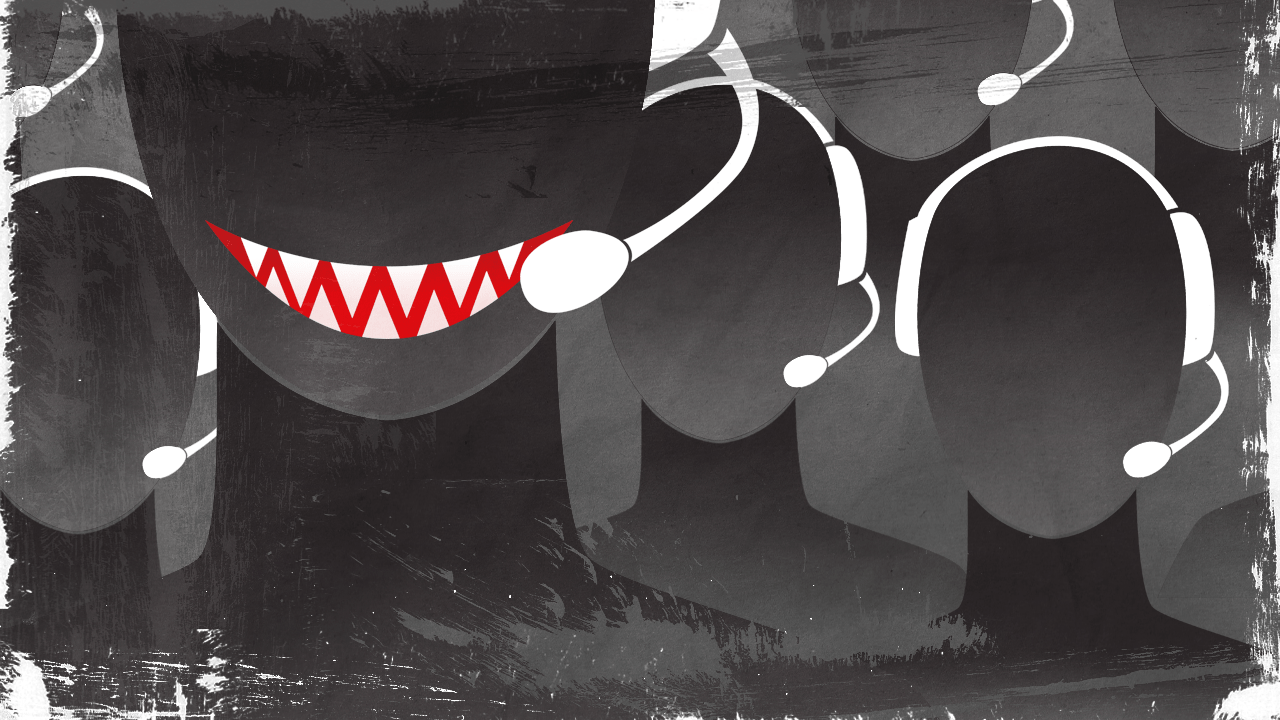In just an hour or two playing games online — whether on your console or PC — expect to witness the darkest recesses of humanity. This isn’t hyperbole, this is real. Racist, homophobic and sexist slurs are de rigueur for any given session of multiplayer in games ranging from Call of Duty (expected?) to assumedly safer fare like any of the myriad massively multiplayer RPGS currently on the market.
But why is this? Why do so many otherwise level-headed, intelligent people become vile, slavering monsters the moment you pop a Bluetooth headset on their ear and a controller in their hands?
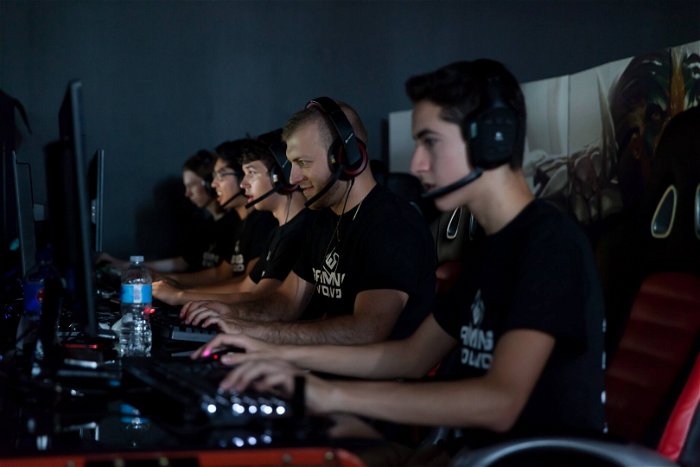
Talking Smack
People get heated when they’re competing. This isn’t anything new. From the ancient Greeks wrestling in the first Olympics to the tough-guy bravado that leads up to a big ticket boxing match, humans have always used words to make ourselves appear more imposing. Just as the cobra fans out its hood and the cat puffs out its fur, our species has used similar tactics to appear more threatening than we actually are. Only we evolved from our chest-thumping ancestry and into verbal cues that properly make use of our biggest asset: highly developed brains.
It’s only natural that the same type of behaviour will find its way into any form of competition, digital or otherwise. If people continue to shout threats at each other before a fistfight, why wouldn’t this same trait manifest itself during a Gears of War match?
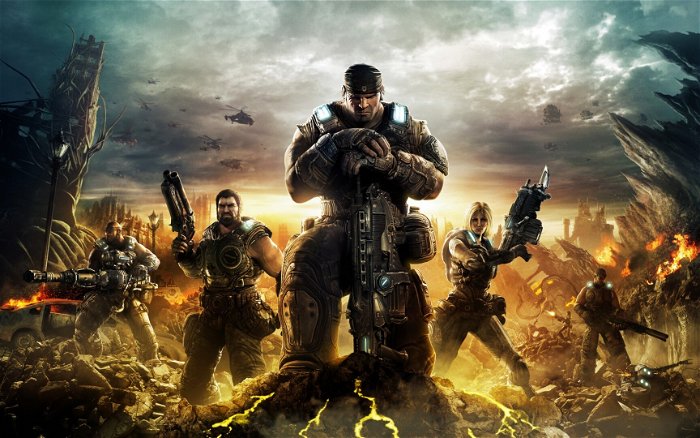
Unfortunately, where verbal impositions begin to become extremely successful is when they aim for the lowest possible mark, calling on centuries of history and repression in order to make up an insult. This is where smack-talking reaches its zenith. Pretty much anyone can handle boasting or taunting directed toward their lack of skills, but online games have the tendency to go for the jugular by summoning up all of the worst slurs — related to ethnicity, sexuality or gender — imaginable. While some of these can end up being nothing more than hilariously inappropriate, there’s another side to this as well — the less obviously noticeable but equally damaging influence of sexism in online gaming.
On ‘Babycakes’ and Digital Inequality
You could be forgiven for assuming that videogames are still a boy’s world. Even though the demographic of gamers is increasingly diversifying from its original, teenage male archetype to a much wider audience, the majority of AAA titles still centre on the classic tenants of adolescent testosterone pandering. From barrel-chested Kratos ripping apart mythological beasts between bouts of group sex with buxom women in the God of War series to Uncharted’s vastly more enlightened Nathan Drake confronting a Betty versus Veronica quagmire while traipsing through settings torn from the pages of a Robert Louis Stevenson adventure novel, games have a sexist quality that will take a long time to defeat.
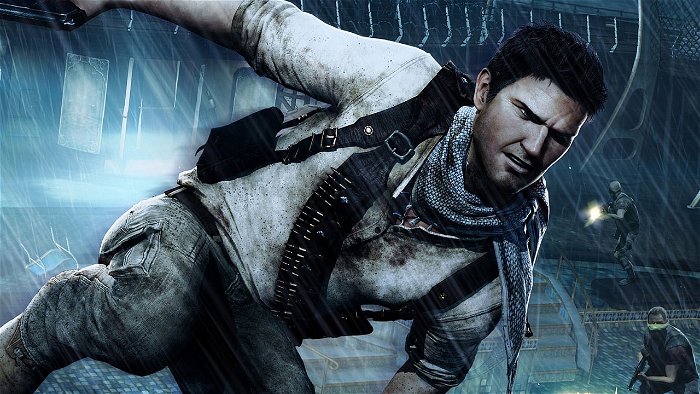
And while there is hope for the market’s single-player narratives to adapt and expand (every year seems to witness continual evolution of gender treatment), multiplayer appears to be a less progressive environment.
Take, for instance, my experiment with the construction of Babycakes.
While reviewing Trion Worlds’ recent MMORPG, Rift, I thought it would be fun to build a female character that encapsulated the nerdy everyman’s desires: a tall, blonde, elf girl that looked as if she had just stepped out of a Tolkein-edited Playboy issue. Babycakes was born, a blank slate that only wanted to gain some levels and meet new friends. Only moments after spawning in the game’s starting area, I was receiving private messages, inviting me to “party up” (wink wink, nudge nudge) and hang out with any number of eager players as they went on quests. While this friendliness never had the chance to transform itself into full-blown creepiness (thankfully, due to time constraints), it’s worth contrasting this behaviour with what was witnessed when trying out Rift’s other race as a male avatar — namely, nothing. My time spent playing as a man went completely unremarked. No messages were sent and no offers of help or group questing were made unless I was the one to ask a question.
There is a definite mountain represented by this relative molehill. While my experiment didn’t escalate, the same can’t be said for the score of female gamers that choose to proclaim their gender while playing online. A recent article featured on one of gaming’s most widely read blogs, Kotaku, has espoused the difficulties that accompany playing openly as a woman. In it, writer Arianna Reiche discusses how the mere act of speaking through a microphone — something male gamers take for granted — can quickly turn trash talking into a crash course on contemporary misogyny.

This phenomenon is also evidenced with the runaway hit Fat, Ugly or Slutty — a website that collects submissions of the worst sexist messages sent to female players and posts them for all to marvel at. Here we see just how bad things can get, where blind name-calling moves into the realm of consciously considered insults that wilfully tread on subjects as deeply inappropriate as rape and the supposed righteousness of gender inequality.
Anonymity Matters
All of this begs the question — why would someone who would never dream of exposing their hate-fuelled viewpoints in public choose to do so over the web, where the biggest possible audience is always waiting? The simple answer is found in the Internet’s most empowering but troubling trademark: anonymity.
The combination of competition, latent prejudice and anonymous playing systems combine to make online gaming the abusive place that it is (an exact formula was posited years ago through Penny Arcade’s now classic “Greater Internet Fuckwad Theory” strip). Most frightening about this is that, just by offering anonymity, many people feel free to express hateful opinions as if they were matter-of-fact, entirely acceptable ideas. It represents a horrifying thesis for the human race: when consequence is removed, we haven’t evolved into a gentler, more understanding people at all. Rather, we’re just as bad as our vicious, dim-witted forbearers.

Just as the Wild West that formerly (and, to a lesser extent, still) characterized the web is dissipating, so too are aspects of anonymous online videogaming. Web privacy is continuing to erode and, whether or not this is ultimately for good or bad is unclear, its ability to stomp out some aspects of hateful behaviour is welcome.
But we can’t expect the process to go too smoothly.
When Blizzard announced that its cash cow MMO World of Warcraft would begin to incorporate Real ID, a system that links a player’s personal information with their game avatar, into its official forums, a tremendous backlash ensued that saw the concept rescinded only days after its announcement. Aside from the obvious concerns of basic security, fan response was also centred on the importance of maintaining anonymity
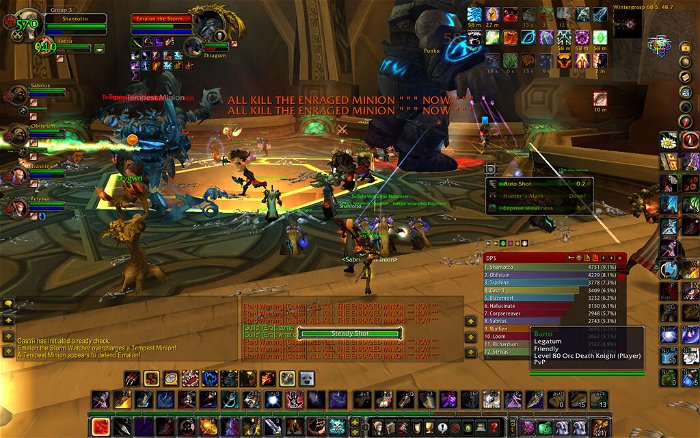
The conclusions we draw from all of this are fairly clear and, unfortunately, pretty negative. People can be mean and are willing to throw whatever horrible thoughts cross their minds at whoever emerges as a target — unless they have to do so with their own identity at stake.
In this digital age, it is worth looking at how human behaviour adapts to technological change in order to see how much — or how little — we’ve changed since the dawn of our species. What we find has ramifications far beyond simple game play — it tells us, plainly enough, where we are going and where we’ve come from.
This article originally appeared in the April 2011 issue of CGM.
